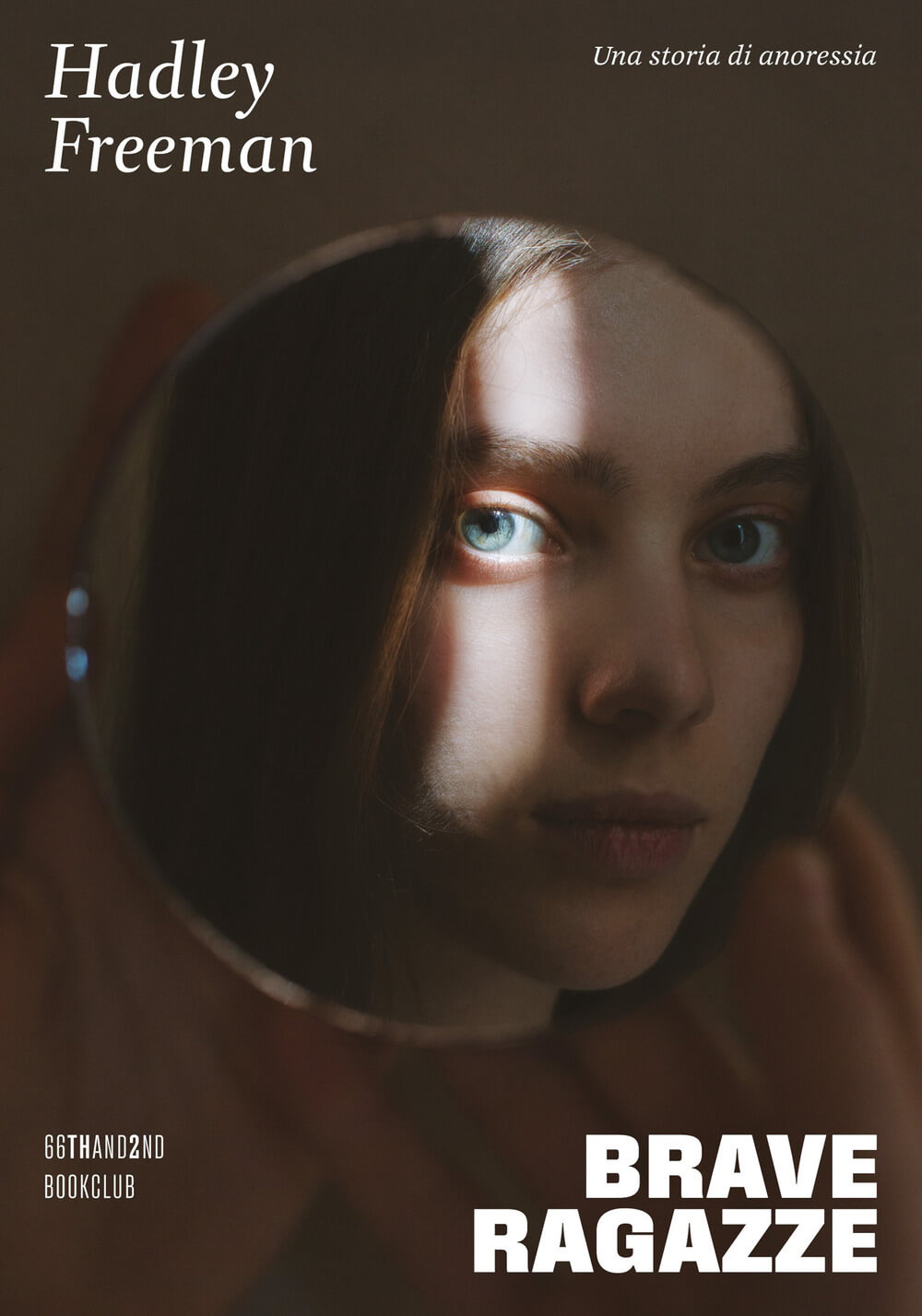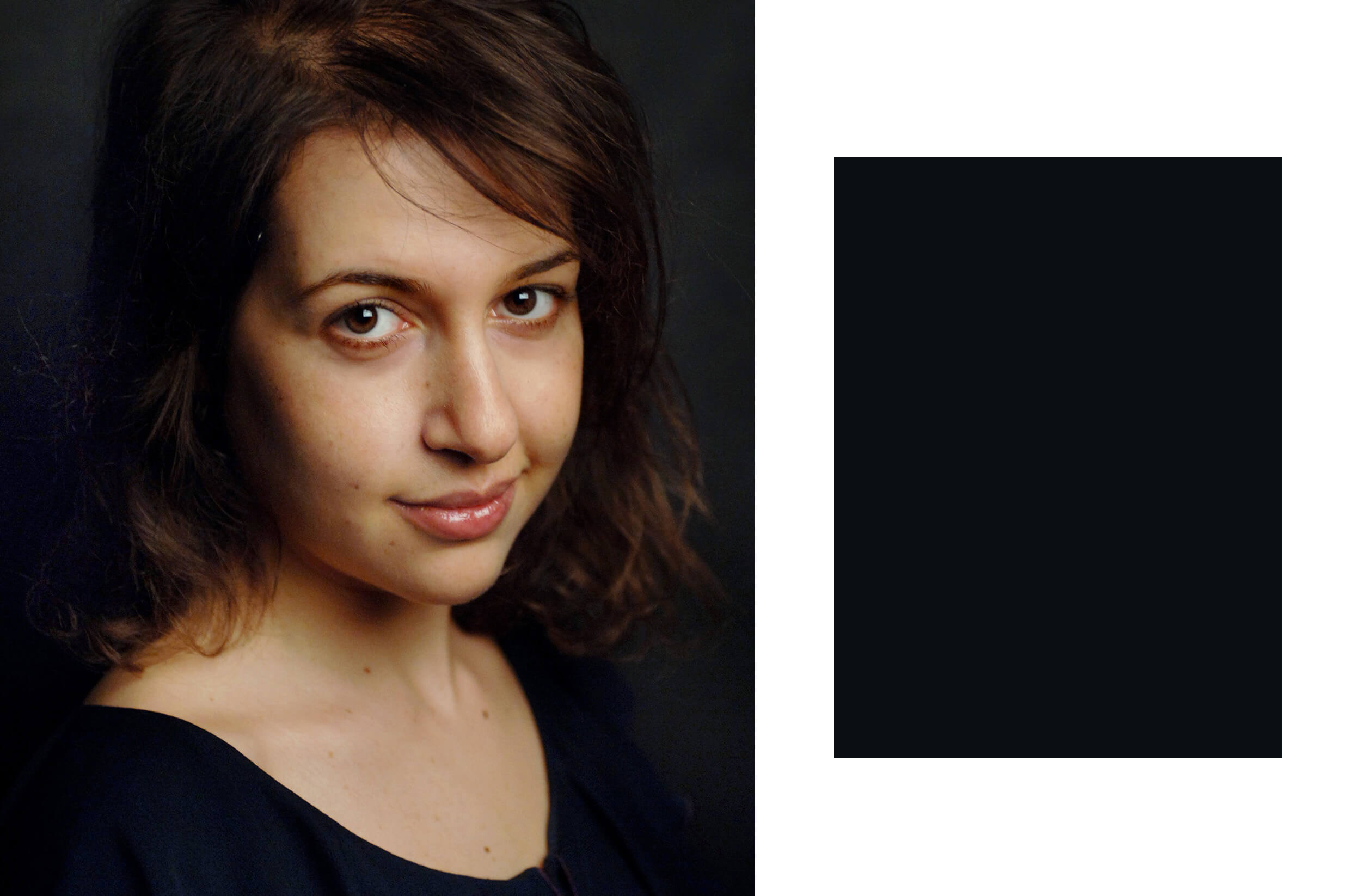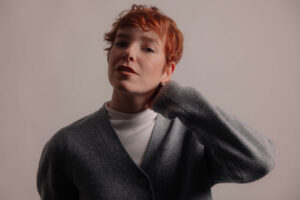There are books that inform us, books that entertain us, and then there are books that save us. “Good Girls: A Story and Study on Anorexia” belongs to this rare third category, a work born not from academic distance but from the raw, tender territory of lived experience.
In a world where teenage girls are quietly disappearing into themselves, where perfectionism masquerades as virtue and self-denial becomes a twisted form of control, author Hadley Freeman dared to break the silence. During the isolation of COVID lockdowns, when worried mothers reached out about their daughters’ shrinking bodies and obsessive behaviors, she realized that the battle she thought was won was still being fought in bedrooms and school corridors across the globe.
This is not just another memoir about recovery. This is a map drawn by someone who has walked through the darkness and emerged with something precious: hope. It’s a conversation that weaves together the personal and the universal, the medical and the deeply human, creating a tapestry of understanding that speaks to anyone who has ever felt the weight of impossible expectations.
This is an invitation to witness courage in its most vulnerable form: the courage to speak truth, to question the stories we tell ourselves, and to believe that life can be more than just endured, it can be truly, joyfully lived.
What I really appreciated about “Good Girls: A Story and Study on Anorexia” is how it mixes your actual story with medical studies, data, interviews and testimonies. When did you understand that it was finally time to write that book and how has the writing journey been?
Thank you so much, that’s so kind of you. I decided to write the book during the Covid lockdown when a few friends texted me to say they were worried because their teenage daughters were cutting down on eating, or were exercising obsessively. I’d sort of blithely assumed that anorexia had fallen to the wayside, that girls had found new ways to express anxiety. But I then realised how wrong that was and felt, OK, maybe I do have something helpful to say about this.
The delicate topic of anorexia becomes also a way to talk about strong emotions, such as anger and solitude. How do you find a balance when you feel such emotions?
It’s taken a long time but I’ve learned to be very careful about the stories I tell myself when I feel that way. When overwhelming emotions come, instead of telling myself that I am uiquely incapable of dealing with them, and that this feeling will last forever, I try to remember that all humans feel anxiety, or loneliness, or rage, and that emotions come and go, because we are all constantly changing. Everything is always in flux.
Was there a moment, a “discovery” related to anorexia during your research and writing of that book that further opened your eyes to that condition? To me, for example, the possible connections with autism were very interesting.
Yes, I do think that’s interesting, although I’m also cautious with it. It’s very hard to test for autism when a patient is in a state of starvation, so it’s difficult to know how many anorexics have autism. But I am very open to the idea that many girls with autism express control and anxiety through anorexia, but that is different from saying the majority of anorexics have autism. I personally think that, for the majority of sufferers, anorexia is a way of expressing and trying to manage feelings of anxiety, often about growing up and becoming a woman and all the sexualisation and separation from one’s parents that involves.
Good girls don’t do that, good girls don’t say that… Maybe because the so-called “good girls” are less free to be who they want, to let themselves go? It’s a cultural (and wrong) approach, but it is still very relevant in our society.
Yes and I think that desire to be good and perfect and pleasing is still very strong in girls today, and nothing really changes that.
I believe that being young nowadays, being constantly exposed to social media, influencers and all those worlds, makes it even harder to grow up without feeling the social pressure. What’s your take on that? Considering also your experience as a fashion journalist and as a mum yourself.
I very strongly believe that kids should not be on social media until they are over 16 at least, because it is a toxic and totally artificial world that encourages dissatisfaction in oneself. I think in years to come it will seem monstrous that young children were ever allowed to be on it.

“I try to remember that all humans feel anxiety, or loneliness, or rage, and that emotions come and go, because we are all constantly changing.”
One of the most emotional parts for me was when, almost at the end, you write about how women should stop doing or not doing certain things just to look for validation and approval from others and how to stop hating themselves to teach the new generations that loving yourself is more important than anything else. Do you feel hopeful, despite it all?
For myself, yes, and I hope also for my children. But I still think the world is full of a lot of insecure people who make other people feel insecure, and a lot of people who mistake anxiety for unworthiness.
What would you say to your younger self, the one who is entering the first hospital for her first recovery? Or rather, do you think there is something that she would listen to?
I think by the time I went into hospital I wouldn’t have listened to anyone. But I wish I could have stopped myself from pivoting from anorexia to drugs in my 20s, because that really was a terrible waste of time and more.
You write that life can be better and most of all, life can be enjoyed and not just tolerated. How are you enjoying life at your best?
I think so! I have three wonderful children, friends who I adore and a job I still can’t believe anyone gave me. What more is there than that?
What’s the last thing you’ve discovered about yourself even thanks to your work?
I guess the most important thing I’ve discovered is I can bear being hated. I used to be terrified of angering or upsetting anyone. Now I write columns that some people agree with and others really, really don’t. And you know what? That is fine.
What does it mean to you to feel comfortable in your own skin?
Feeling happy to lie in the park all day reading – not worrying if your clothes are too tight, or if other people are having more fun somewhere else.
What book(s) are on your nightstand right now?
Wilkie Collins’ “The Woman in White”, Michael Chabon’s “The Amazing Adventures of Kavalier and Clay”.
What’s your happy place?
Home with my children, on holiday with my friends.
Cover photo by Linda Nylind.
Thanks to 66thand2nd.




